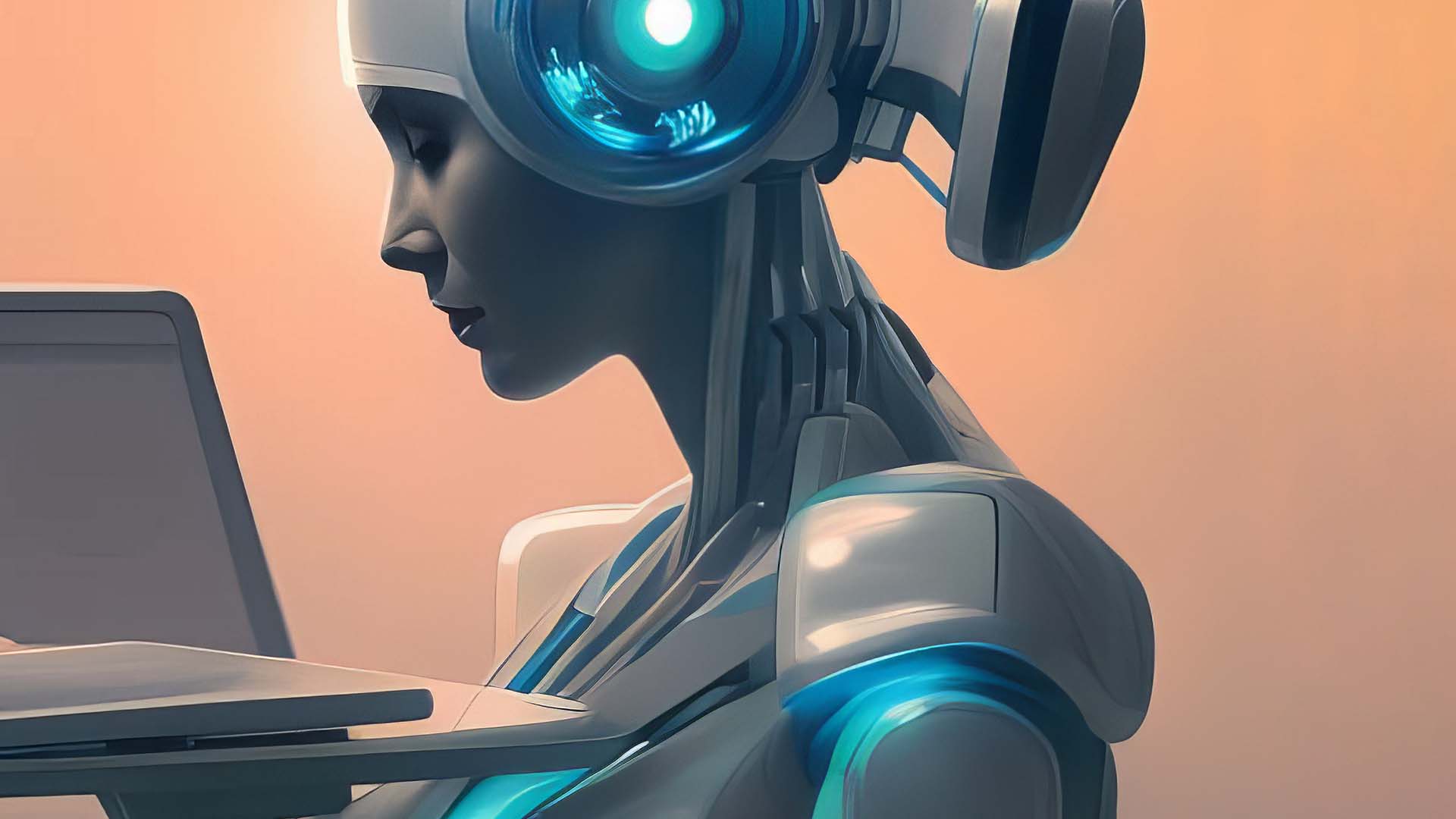
The AI Revolution: New Advancements and Future ImplicationsThe AI Revolution: New Advancements and Future Implications Artificial Intelligence (AI) has emerged as a transformative force, revolutionizing various sectors of human experience. From natural language processing to image and speech recognition, AI technologies are making profound advancements, shaping the future in unprecedented ways. Current Advancements in AI * Quantum Computing: Quantum computers leverage quantum mechanical properties to perform complex calculations exponentially faster than traditional computers, enabling breakthroughs in AI algorithms. * Deep Reinforcement Learning: This technique enables AI agents to learn from their interactions with the environment, leading to significant improvements in decision-making and problem-solving abilities. * Transfer Learning: AI models can now be trained on vast amounts of data from one domain and transferred to other similar domains, reducing the need for extensive data collection and model development. * Generative AI: These technologies can generate entirely new content, such as text, images, and music, raising potential ethical concerns about authenticity and ownership. Future Implications of AI * Increased Automation: AI will automate many repetitive and complex tasks, freeing up human workers for more creative and strategic roles. * Personalized Experiences: AI algorithms will tailor services and products to individual needs, leading to more customized experiences in healthcare, education, and entertainment. * Decision-Making Enhancement: AI can assist in complex decision-making processes by analyzing data, identifying patterns, and providing recommendations. * Scientific Breakthroughs: AI will accelerate scientific discovery by analyzing vast datasets, simulating experiments, and proposing new hypotheses. * Labor Market Transformations: The widespread adoption of AI will lead to job displacement in some sectors while creating new opportunities in others. Ethical and Societal Considerations The rapid advancement of AI poses numerous ethical and societal challenges: * Job Displacement: Society must address the potential negative impact on workers displaced by AI-powered automation. * Bias and Discrimination: AI algorithms may inherit biases present in the training data, leading to unfair outcomes in areas such as hiring and lending. * Privacy and Security: AI technologies can collect and process vast amounts of personal data, raising concerns about privacy violations and unauthorized use. * Control and Responsibility: Determining who is responsible for AI-related decisions and outcomes is crucial. Conclusion The AI revolution is unfolding at an unprecedented pace, promising both immense benefits and significant ethical challenges. As we navigate this transformative period, it is essential to embrace the advancements while carefully considering the implications for society, the economy, and our ethical values. By harnessing the power of AI responsibly, we can unlock its full potential to improve human lives and shape a more equitable and prosperous future.
Posted inNews